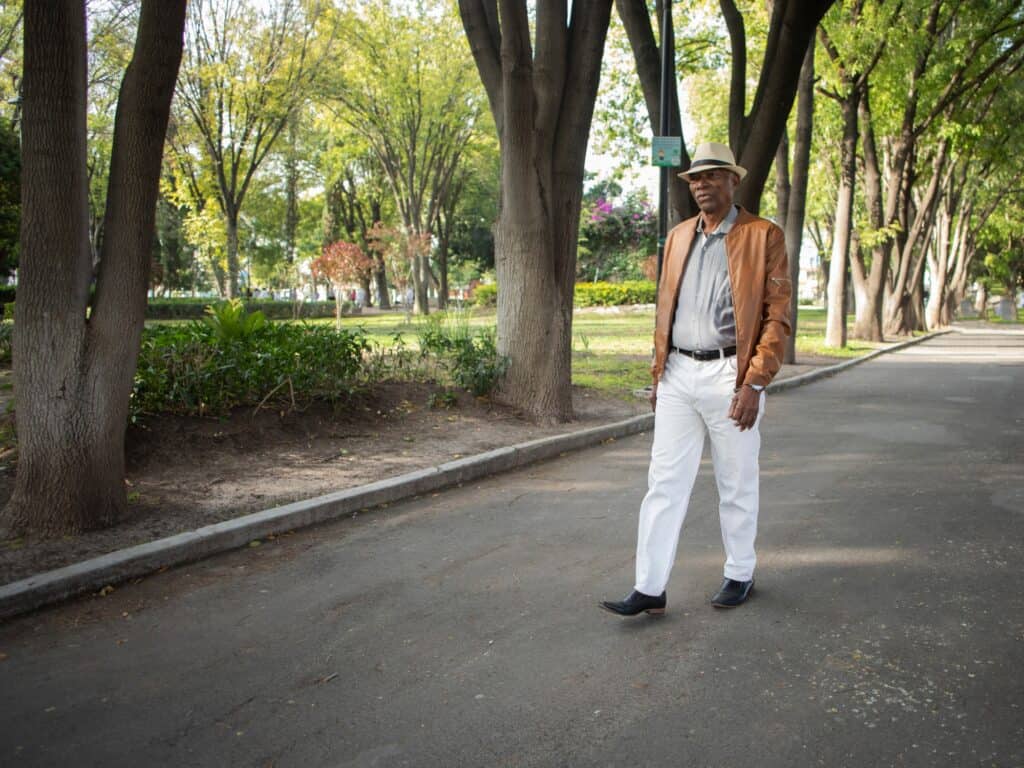Sell or Stay?
Assessing senior homes or considering reverse mortgage options–should you sell or should you stay?

As people age, it’s essential to assess whether their current home still suits their needs or if it might be time to consider alternative options. Aging in place can be a wonderful choice if the home is adaptable and meets the physical and emotional requirements of the senior. However, there are instances when selling the home and exploring other options, such as reverse mortgages, could be beneficial.
Accessibility and Safety
One of the key factors to consider is the accessibility and safety of the home. As mobility and health conditions change with age, it’s crucial for seniors to have a home that’s easy to navigate and accommodates any physical limitations. Consider whether there are stairs that may pose a challenge, narrow doorways or hallways that restrict movement, or a lack of necessary amenities like grab bars in bathrooms. If these aspects are lacking, selling the home and finding a more suitable residence may be a sensible decision.
Financial Consideration
Financial decisions also come into play. Seniors who have built significant equity in their homes may find reverse mortgages a good option. A reverse mortgage allows homeowners age 62 and older to access a portion of their home’s equity, which can be converted into tax-free funds. This can provide a financial cushion for seniors who need additional income to cover expenses or make necessary modifications to their current home.
Reverse mortgages offer flexibility, allowing seniors to choose between receiving monthly payments, a lump sum, or establishing a line of credit (or even a combination). These funds can be used to retrofit the home with age-friendly features, such as wheelchair ramps, widened doorways, or bathroom modifications–making it possible for seniors to comfortably age in place. It’s important to note that reverse mortgages do require careful consideration and consultation with financial advisors to fully understand the implications and responsibilities involved.
Community
Another aspect to evaluate is social connectedness. Many seniors place importance on being part of a community, whether it’s having neighbors nearby, participating in local activities, or being close to family and friends. If a current home is isolated or lacks a supportive social network, it may be worth exploring options that offer a stronger sense of community and companionship. This could involve downsizing to a smaller home, moving to a retirement community, or considering senior co-housing arrangements.
Finding the Best Answer
Ultimately, the decision to sell a home or explore reverse mortgage options depends on the individual circumstances and needs of each person. It’s important for seniors to thoroughly evaluate their current living situation, considering accessibility, finances, social connections, and personal preferences. Seeking advice from professionals in the real estate and financial sectors can provide valuable insights and guidance in making an informed decision.
The expertise of professional can be invaluable in navigating the complexities of these decisions. Our knowledge and experience in financial matters, particularly regarding reverse mortgages, can help you understand your options fully. By working with a trusted team like us, you can receive guidance tailored to your specific circumstances and make well-informed choices about your future living arrangements.
Please call us today to go over any questions and your specific situation, we are here to help! 206-590-2414
